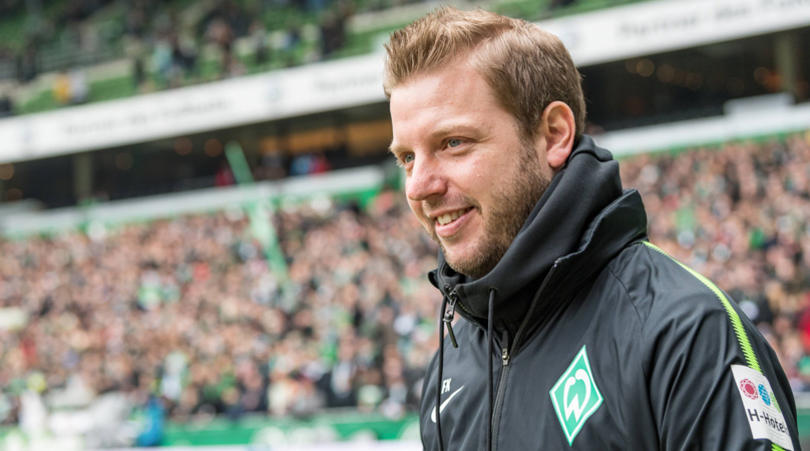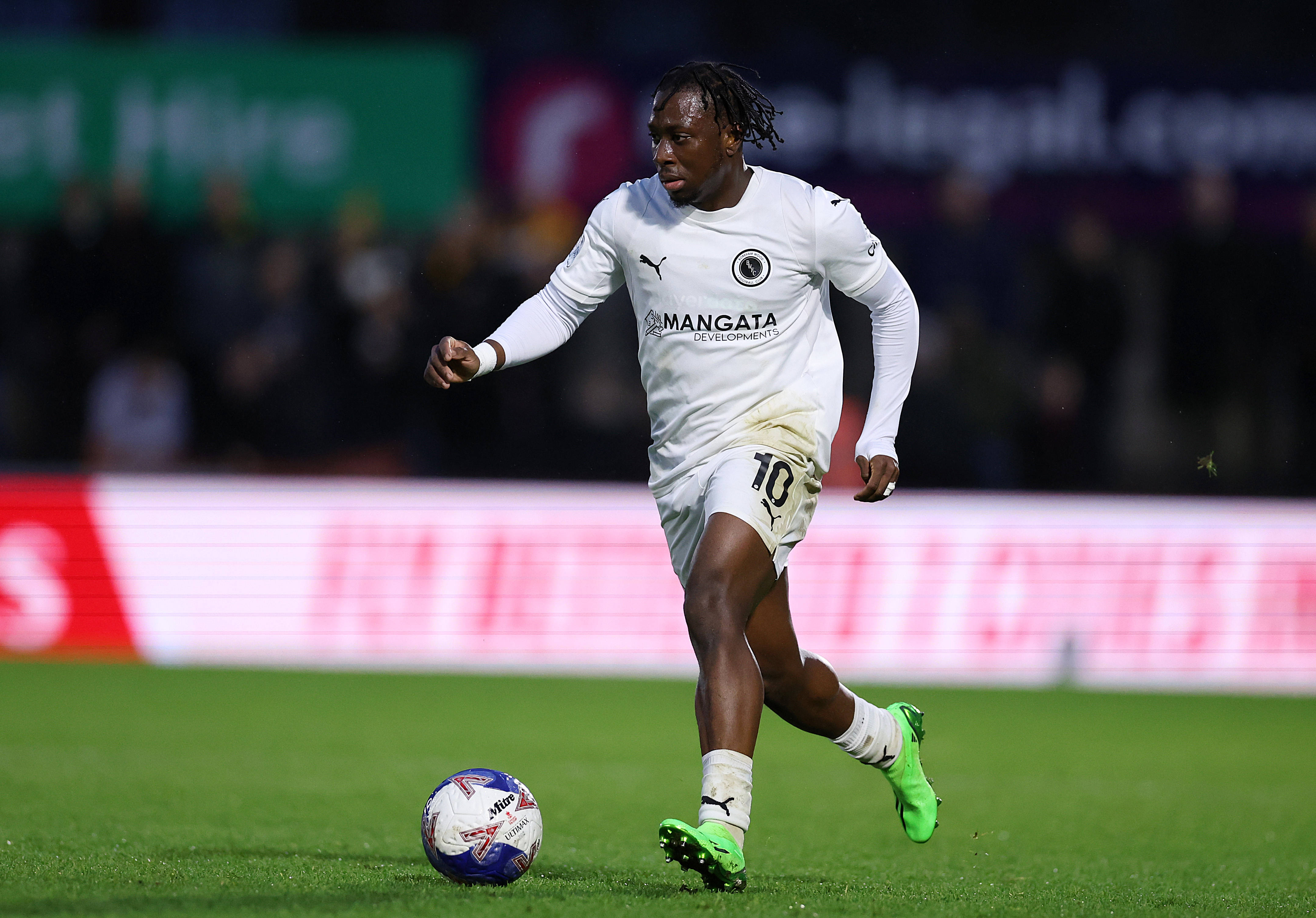Ranked! Every current Premier League manager based on their work this season
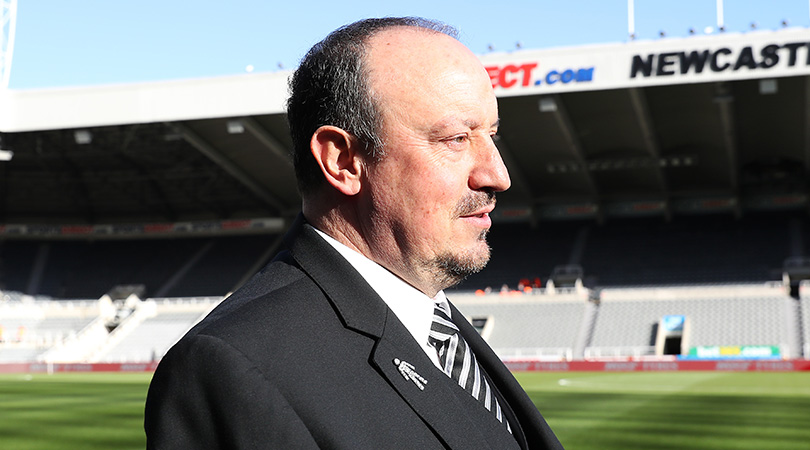
The best features, fun and footballing quizzes, straight to your inbox every week.
You are now subscribed
Your newsletter sign-up was successful
Want to add more newsletters?

Five times a week
FourFourTwo Daily
Fantastic football content straight to your inbox! From the latest transfer news, quizzes, videos, features and interviews with the biggest names in the game, plus lots more.

Once a week
...And it’s LIVE!
Sign up to our FREE live football newsletter, tracking all of the biggest games available to watch on the device of your choice. Never miss a kick-off!
Join the club
Get full access to premium articles, exclusive features and a growing list of member rewards.
19. Mark Hughes (Southampton)
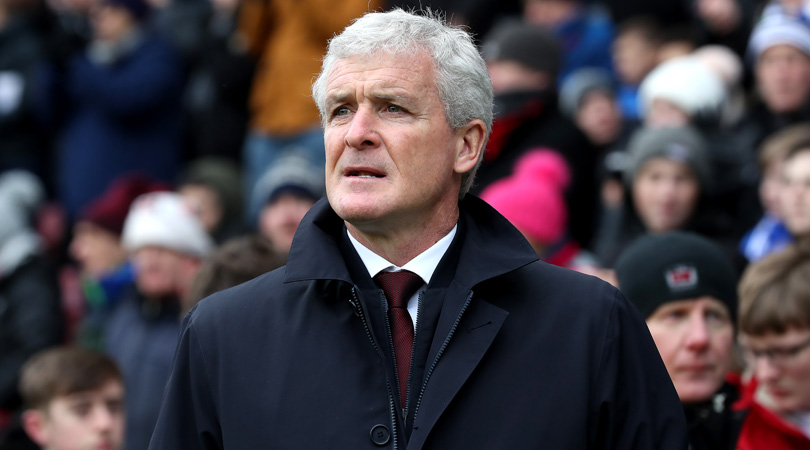
Dangerously close to ending the season having overseen not one but two relegations. Sacked by Stoke after a dire first half of the year in which they were hit for seven by Manchester City, five by Spurs, and conceded nine over two games against Chelsea, Hughes was brought in last month by a desperate Southampton.
He has since taken them from just outside the relegation zone to just within it. He may yet save them, of course – and there were green shoots of hope in a gutsy display at the Emirates – but as it stands, his season's work has been gravely unremarkable.
18. Sam Allardyce (Everton)
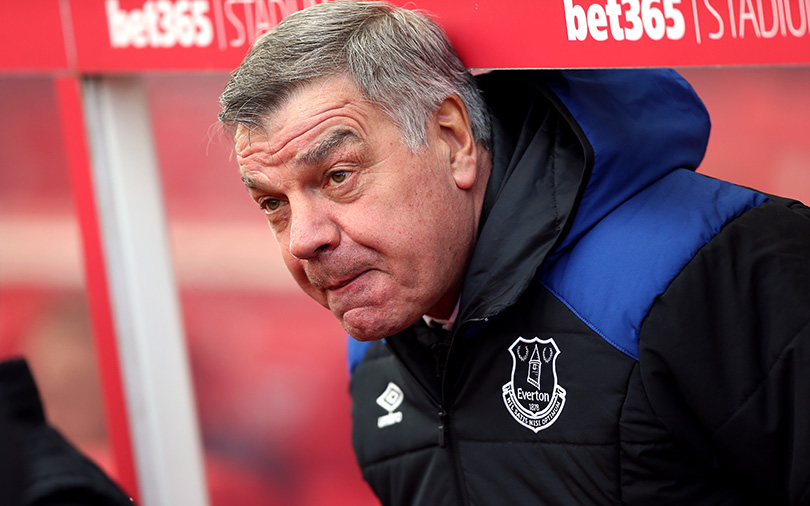
You get the sense that Allardyce would be far better appreciated if he simply spoke less. His first (only?) half-season at Goodison Park has been dismal rather than disastrous, but pockmarked with soundbites that have only harmed his cause, serving to provoke rather than soothe a sceptical fanbase.
His attempts to paint Everton’s season in a good light by comparing it to West Brom’s is just the most recent example in a self-preserving streak that leaves a sour taste. The football, as ever, has been agricultural, and even the most vaguely threatening opponents have been given the bus-parking treatment.
There are plenty of worse sides than Everton in this division, but no set of fans is closer to a state of open mutiny. It says a lot.
The best features, fun and footballing quizzes, straight to your inbox every week.
17. Arsene Wenger (Arsenal)
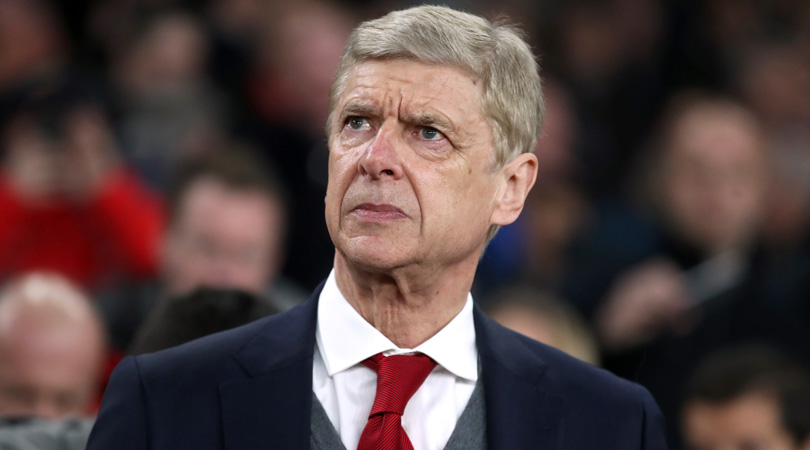
The empty seats, the air of fatalism, the audible exasperation every time a home player puts a foot wrong. The Emirates has become a pretty depressing place, testament to the fact that Arsenal’s season was rendered redundant some time ago (barring their campaign in the Europa League, a competition they didn’t want to be in to begin with).
Pierre-Emerick Aubameyang has been a morale-boosting addition and Jack Wilshere’s revival has been nice to see. Other than that, there’s been endless pitiful defending, a goalkeeper in steep decline, a desperately underwhelming £46.5m centre-forward, more ground lost to Spurs and yet another star player defecting to Manchester.
It’s been another season when England’s best teams accelerate into the distance while Arsenal spin their wheels in a roadside ditch. Wenger is not the only factor in that, but he’s a pretty big one.
16. Paul Lambert (Stoke)
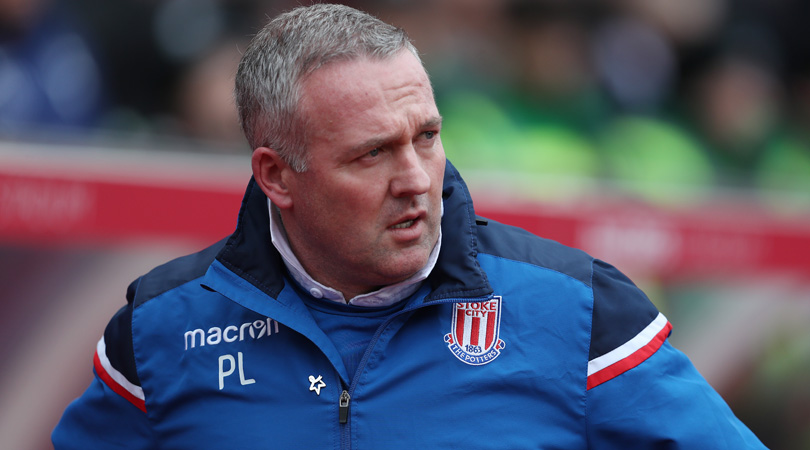
Does the ‘new manager bounce’ even exist any more? Certainly most of the clubs down the bottom have seemed to avoid it completely this season. Lambert got his Stoke reign off to a win, at home to Huddersfield in January, but that’s been the beginning and the end of it: he hasn’t taken three points since.
His side have stayed 18th, slipping from one point off safety to five. Lambert’s first three months in the job may not have been a disaster, but nor has he cajoled much quality from a squad specked with decent international players, and one far from the three worst in the league. They shouldn’t be going down. They almost certainly will.
15. Roy Hodgson (Crystal Palace)
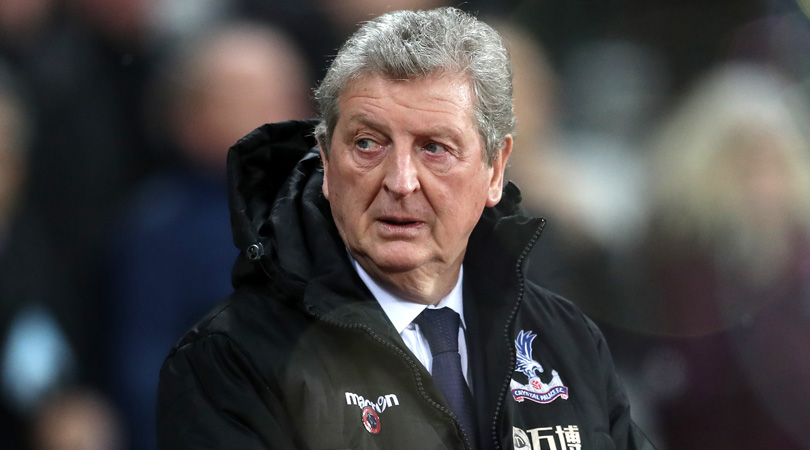
With Palace teetering precariously above the drop zone, Hodgson’s season can only be judged once it's over. Up to this stage his work has been decent rather than distinguished, and you can't help but think that Palace's survival – if it does happen – will owe as much to the Premier League’s excess of dross than to any managerial magic on Hodgson’s part.
He has neither effectively shored up Palace defence (they've conceded as many as West Brom), nor got his forwards firing (Christian Benteke's ongoing decline has been painful to watch). Yet he has coaxed career-best form from the team's most gifted player in Wilfried Zaha, invigorated Andros Townsend and had the guts to promote Aaron Wan-Bissaka at the campaign's business end. It might just be enough.
14. Antonio Conte (Chelsea)
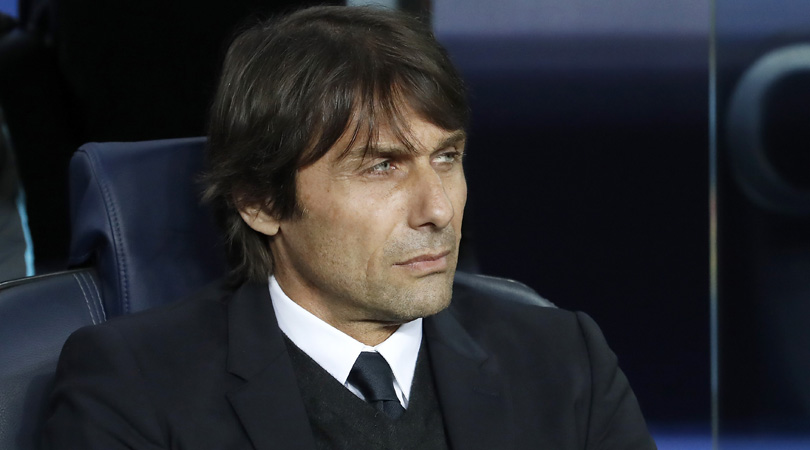
Undermined from above? Perhaps. Stymied in the transfer market? Probably. Dropped a fair few clangers of his own? Absolutely. The Italian has expended much energy this season moaning about his bosses, but the facts suggest that much of Chelsea's bizarre unravelling has been Conte's doing.
He alienated Diego Costa and signed a timid, unreliable replacement. He paid no attention to Michy Batshuayi, who promptly decamped and resumed scoring goals at will. And he tampered needlessly with last season's defence, freezing out Gary Cahill and David Luiz in favour of a pair of so-so newcomers. For a coach who was so masterfully in command last term, it has been a baffling regression.
13. David Moyes (West Ham)
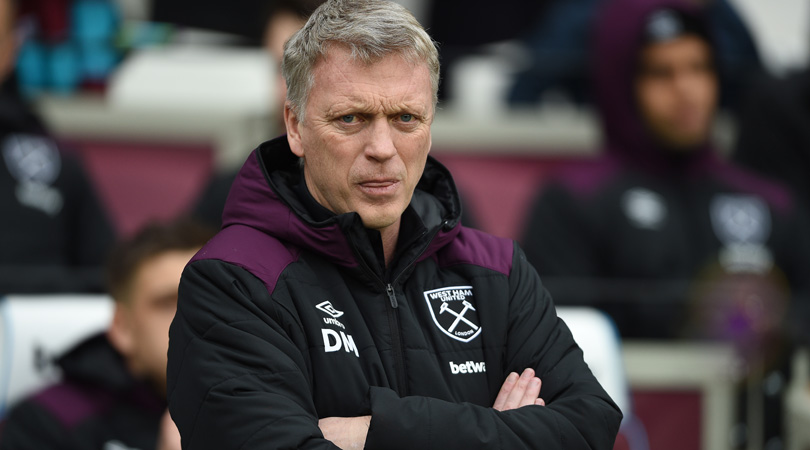
With the hefty caveat that his season could yet take a sharp turn for the worse, it's fair to say that Moyes has exceeded expectations at West Ham. The context, of course, comes in the fact that those expectations were so bleakly low.
Yet the truth remains that Moyes has, as it stands, steered West Ham away from the unthinkable. Not that it's been plain sailing – the defeat to Burnley was a nightmarish low point – but a few canny moves have just about done the trick, most obviously his installation of the rejuvenated Marko Arnautovic as an attacking spearhead. Moyes's job has hardly been heroic, but it could have been plenty worse.
12. Jose Mourinho (Manchester United)
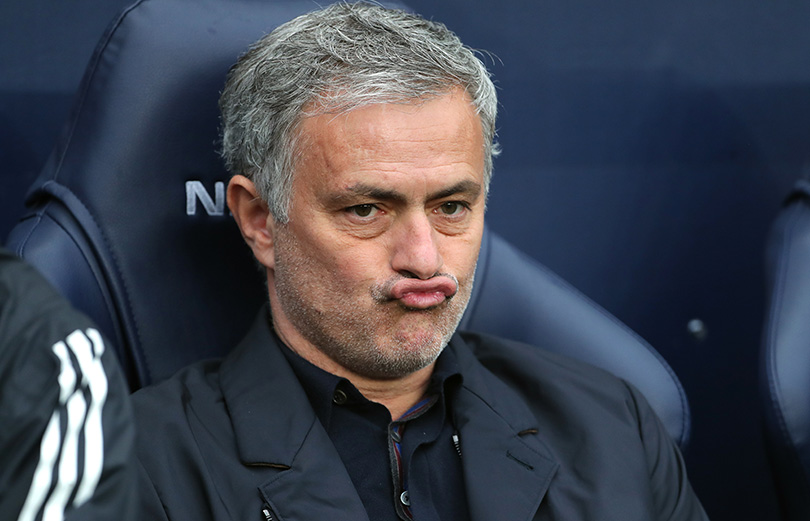
For Manchester United, second place – and the not-insignificant bonus of spoiling their rival’s title party – is certainly no great failure. But second place should be the absolute minimum that Mourinho's lavish outlay at Old Trafford should oblige. And whichever way you cut it, United's season has been coloured by some small-time displays in the biggest of games.
In this regard, the season’s last derby was the exception: there has been City at Old Trafford ("Park the bus, Man United!" trilled the away end), an out-of-form Liverpool at Anfield and, of course, Sevilla home and away. Factor in the treatment of some employees that would, in most other professions, prompt a stern word from HR and an increasingly disenchanted fan base and the verdict is clear: must do better.
- SEE ALSO How Jose Mourinho lost his touch
11. Javi Gracia (Watford)
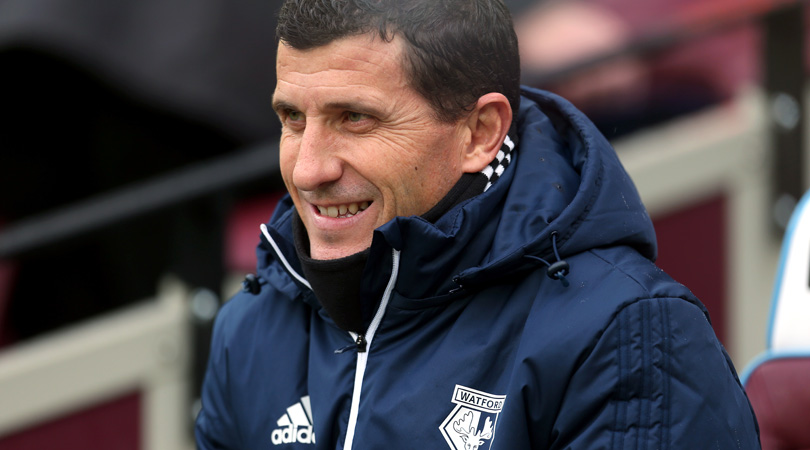
The Marco Silva saga was an odd one all round, not least because Watford – despite their propensity to get through managers like the best of them – are a club founded largely on quiet consistency. Gracia has restored that.
On the face of it, he hasn't tangibly improved the side he took over (he's taken them from 10th to 12th), and yet there can be little doubt that he has calmed the turbulence which coloured the latter stages of Silva's reign – not least by arresting the pitiful slump that got his predecessor the sack. Gracia has extracted excellence from the former prodigy Will Hughes, who couldn't get a look-in under Silva, though has failed to do the same with the gifted Richarlison.
10. David Wagner (Huddersfield)
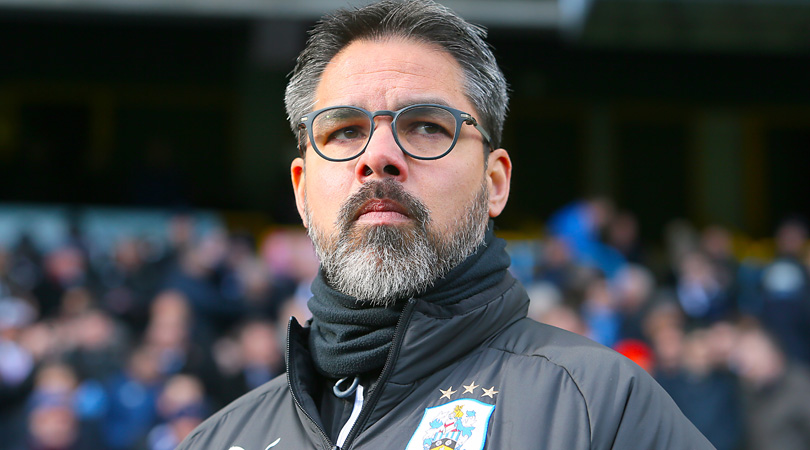
The most limited squad in the division? Probably. Which renders Huddersfield's current status – four points clear of the drop with five games to play – as punching seriously above their weight. There's still time for a fatal twist, but zoom out and you'll see a side that will overachieve this term, regardless of how the final month plays out, and who can thank their coach for that.
Wagner will not get the credit he deserves, mainly because his side were at their most impressive in the season's early stages, before storylines kick in and end-of-term report cards are given any thought.
9. Chris Hughton (Brighton)
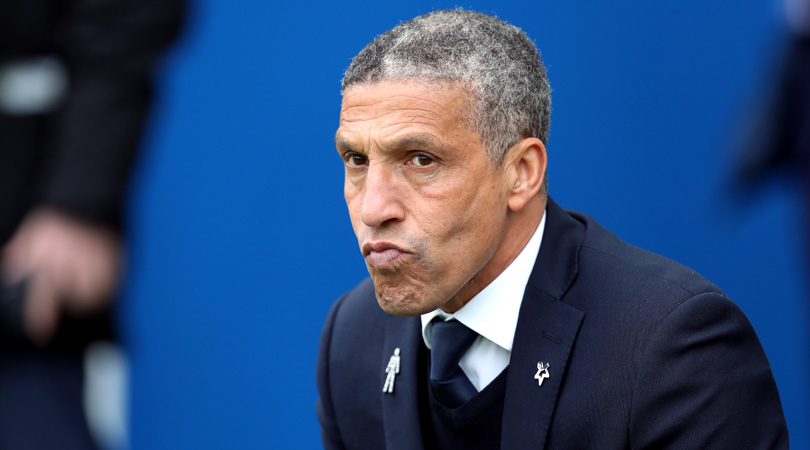
In a world where self-preservation is rife, few managers are as averse to trumpeting their own works as quiet achiever Hughton. Yet should Brighton end the season outside of the drop zone, he will deserve plaudits galore.
Shane Duffy and Lewis Dunk came into the campaign with all of 213 minutes of top-flight football between them. From that, Hughton has forged the best centre-back partnership in the bottom half. He has also turned Glenn Murray into a truly menacing Premier League striker while in Pascal Gross, acquired for £3m, he has laid claim to the bargain of the season by a country mile.
8. Claude Puel (Leicester)
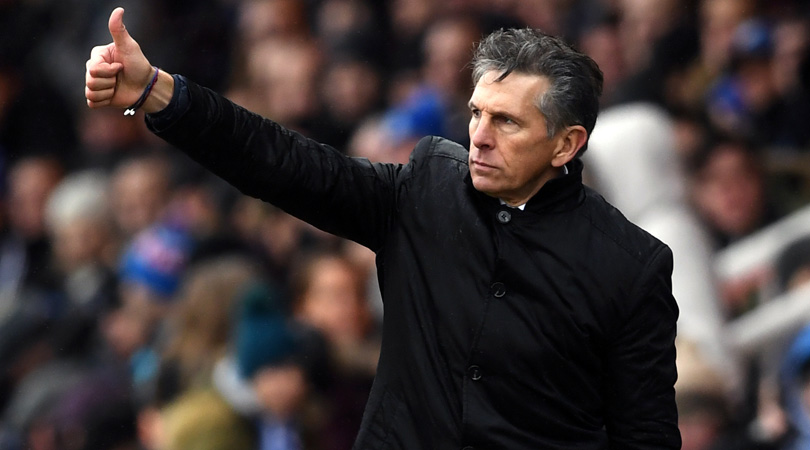
Puel has taken Leicester from third-bottom to comfortably within the top half, overseen a successful bid to keep their star player from the clutches of petro-wealth, and revived the goal threat of Jamie Vardy. He’s done it all with no little style, too, placing the emphasis firmly back on the side’s jet-heeled attack (Leicester have only failed to score on two occasions under his stewardship, against Chelsea and Man City).
Brought in to dodge the drop, Puel has gone above and beyond his remit – and it's still a work in progress. With that, whispers abound of player discontent with their coach, which seems an odd state of affairs given their evident improvement under him. A dressing room with ideas above its station, perhaps.
7. Eddie Howe (Bournemouth)
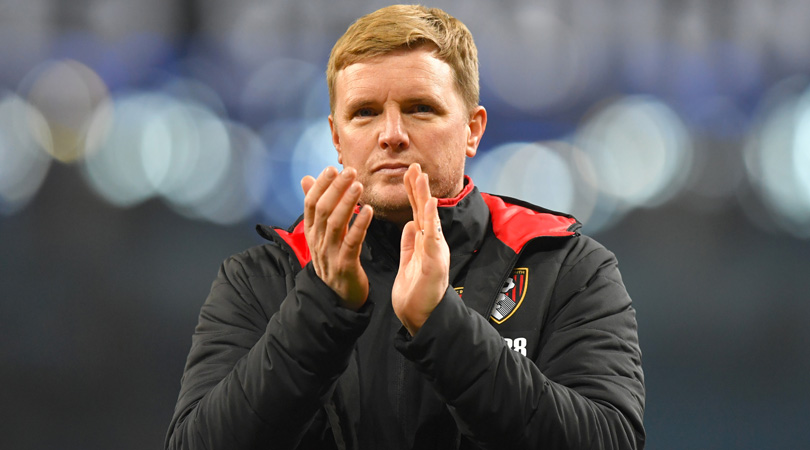
A team utterly devoid of stars playing sparkling football on a modest budget, rarely in any real danger of being drawn into the relegation scrap, and toppling the odd Goliath to boot. Howe has consolidated his status as the Premier League’s quiet overachiever, his team the epitome of one that adds up to more than the sum of its parts.
His training ground quality is there for all to see in the leaps and bounds made by Junior Stanislas, Lewis Cook and Dan Gosling. And for all Howe’s side’s technical distinction, they’ve also won the league’s most points from losing positions. The tendency to become mired in spells of poor form – they took one win from 12 in late autumn – remains an Achilles’ heel.
6. Jurgen Klopp (Liverpool)
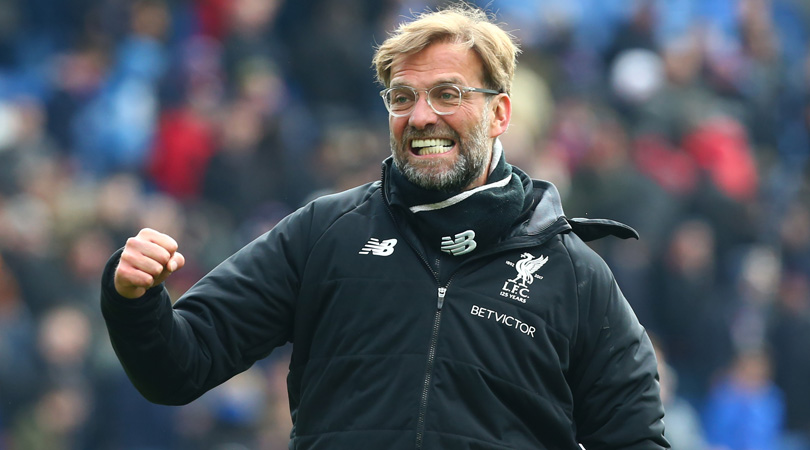
Liverpool’s season is far from over, and as such a conclusive assessment is hard to deliver. What’s less ambiguous is whether the campaign constitutes progress: it does. Not only has Klopp allied another impressive league season with an equally-fine European one, he has done it while fine-tuning a menacing frontline, sorting out the longstanding goalkeeping crisis and (whisper it) transforming the defence into something resembling a dependable entity.
He has also unearthed a bona fide world-beater in Mohamed Salah. In the twin vanquishings of Manchester City, Klopp has engineered two of the outstanding Anfield performances of modern times. But the eternal question, of why Liverpool so often come undone on lesser occasions, remains unanswered.
5. Carlos Carvalhal (Swansea)
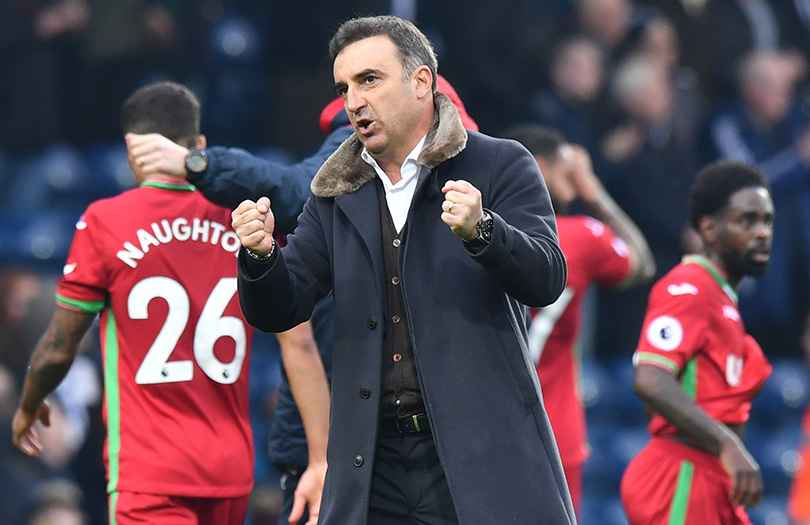
When Carvalhal took over Swansea deep into December, the club was rock bottom. They aren’t quite home and dry just yet but their steep upward progress in the three-and-a-bit months since is testament to the work of a coach whose employment, arriving as he did with zero Premier League pedigree and required to put out a roaring fire, was initially seen as confirmation of his club’s fate.
Instead, Carvalhal has made a porous defence into a resolute one, drawn career-best form from Ki Sung-yueng and Sam Clucas in his engine room, and paired the Ayew brothers in attack to fine effect. All this while giving the impression of a man who is – shock, horror – greatly enjoying his job. Fine work.
4. Rafa Benitez (Newcastle)
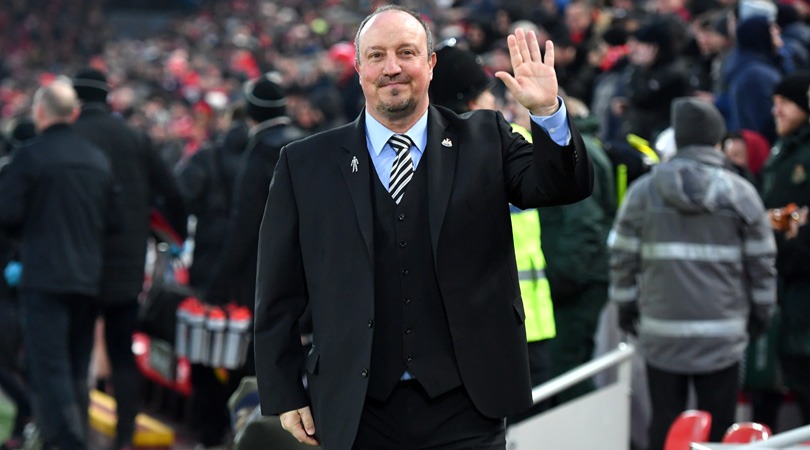
If it hasn’t yet dawned on Mike Ashley that the single greatest asset at St James’ Park is the portly chap in the dugout, it certainly will do when Newcastle – as they almost certainly will – secure mathematical safety. Benitez has alchemised Premier League gold from a Championship-level squad – and one that glaringly lacks that most fundamental of parts: a reliable goalscorer.
The Spaniard has turned Jamaal Lascelles into one of the top flight’s outstanding defenders, Jonjo Shelvey into the player he has spent half a decade hinting at, and Ayoze Perez into an elusive, between-the-lines playmaker. At the time of writing, Newcastle sit in the top half – three points behind Everton with a game in hand – which is little short of magnificent on Benitez's part. Ashley’s task is to keep him sweet.
3. Sean Dyche (Burnley)
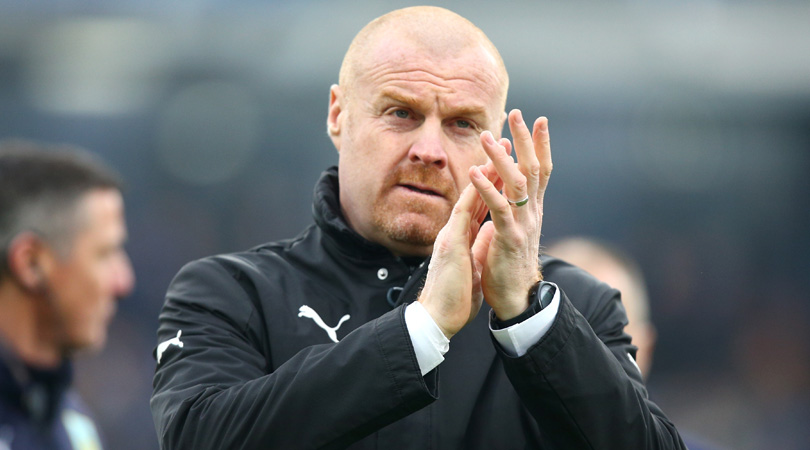
That Turf Moor may be hosting European football next season is a vindication of the mightily impressive Dyche's methods – and the club’s faith in him. Their relegation under Dyche in 2015 would have been perceived by less shrewd hierarchies as a sackable offence.
Instead, Burnley’s bigwigs knew a keeper when they saw one. Three years on their reward is the improbable title of the Premier League’s ‘best of the rest’ – the Clarets are banging hardest on the glass ceiling that exists above seventh place. There’s no shortage of old-fashioned muscle in Dyche’s side, not least among his frontmen, but the summer addition of Jack Cork – yet to miss a minute of league football – has significantly tweaked the team’s brains/brawn ratio. Burnley have been all the better for it.
Could Dyche do more at a better-resourced club? There’s no reason to think not.
2. Mauricio Pochettino (Tottenham)
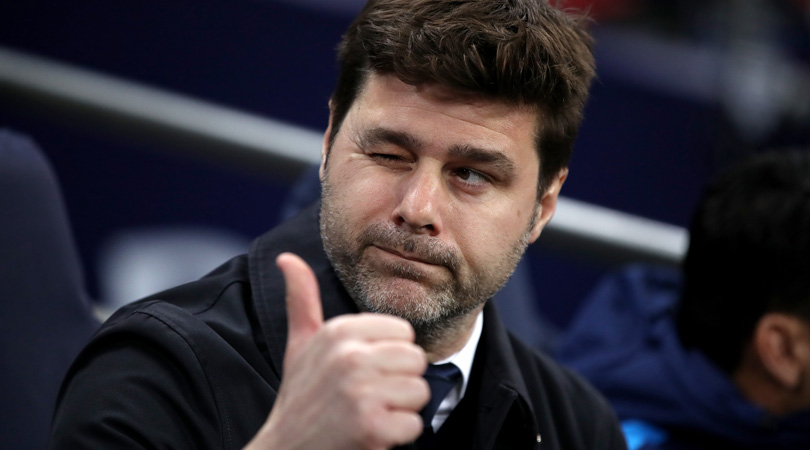
Pochettino's truest triumph at Tottenham has been to make the fanciful seem routine: his side are now a fixture in the Champions League spots despite having notably less cash to burn than their five immediate rivals. This itself is quite an achievement, yet Pochettino has allied substance with style.
His team are easy on the eye – riveting when in full flow – and they cater for all types of taste, equal parts steel and silk. These details, already impressive, become infinitely more so once it’s factored in that the Argentine has done all this while: a) his side spend the season in an alien stadium, b) overseeing a splendid Champions League campaign, and c) taking on – and winning – power battles with two standout senior players in Danny Rose and Toby Alderweireld.
Pochettino has been able to do the latter because his mastery on the training ground has created a team that relies on no single part. In a sport where they’re becoming an alarming scarcity, he’s a coach who lives up to his job title.
1. Pep Guardiola (Manchester City)
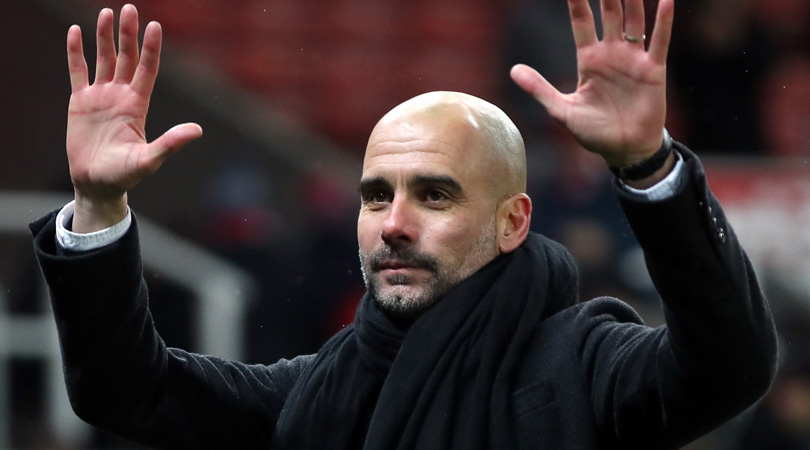
He's put together one of the all-time great English club teams, ended all talk of a league title race at a ridiculously early stage and coached almost all of his players into becoming better ones. A sensationally good season? Absolutely.
Room for improvement? Without doubt – not least in addressing his side's enduring weak spot: that when the heat is on in a major make-or-break game, they have an alarming tendency to bottle it. That Guardiola's City have spent the season demonstrating how superior they are to everyone else in the division only serves to throw the past week's triple bill of big-game fiascos into even sharper light.
None which is to say that Guardiola's work this term has been anything less than exceptional, merely that it hasn't been perfect, and that Cityitis is yet to be fully remedied. A league title and domestic trophy represents success by any measure – the trouble for City is that it's success which doesn't quite reflect their outrageous quality.
 Join The Club
Join The Club





